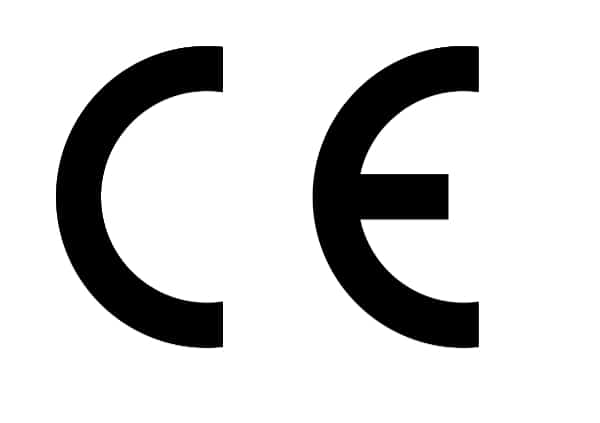Lithium-Ion Deep-Cycle Battery – Everything You Need To Know
There’s no one-size-fits-all battery, so it’s important to carefully evaluate your specific needs and applications, particularly when choosing a lithium ion deep cycle battery. Here are all the basics you need to know about this type of power source.
Deep cycle versus starter batteries
In the world of batteries, starter batteries are like sprinters with high bursts of power, which they deliver for a short time to start things (such as gasoline motors). They are not designed to discharge significantly before being recharged, and deep discharges can reduce their performance and longevity. These batteries are commonly in cars where the alternator replenishes the charge when the motor starts.
However, other battery applications require a continuous power supply over long periods. In this case, you’ll need a dependable lithium ion deep cycle batterythat can provide a sustainable and lower amount of power for an extended period.
Discharge capability
Deep cycle batteries are engineered to provide power for an extended duration and can discharge more of their stored energy compared to other battery types. However, the safe discharge limit varies among battery models. Some can tolerate a discharge of 45 percent of their stored energy, while others can handle 100 percent. Remember to verify the manufacturer’s specifications for your lithium ion deep cycle battery to ensure proper usage.
Applications
As previously mentioned, deep-cycle batteries are suitable for applications requiring a consistent power supply over an extended period. As such, they are used in various equipment, vehicles, and devices that require continuous power for prolonged periods, such as solar power systems, trolling motors, marine equipment, golf carts, forklifts, powered wheelchairs, robotics, and mobility scooters.
Are all lithium batteries the same?
The lithium-ion deep-cycle battery shows great potential as the future of reliable and safe power. It requires no maintenance, can charge much faster than other battery types, and discharge more deeply without impacting its longevity.
Of all lithium technologies around, lithium-iron-phosphate (LiFePO4) stands out. It has the same benefits as lithium-ion, along with being lightweight and providing consistent power throughout the discharge cycle. Moreover, it delivers its full rated capacity regardless of the discharge rate, even when used or left in a partially charged state.







